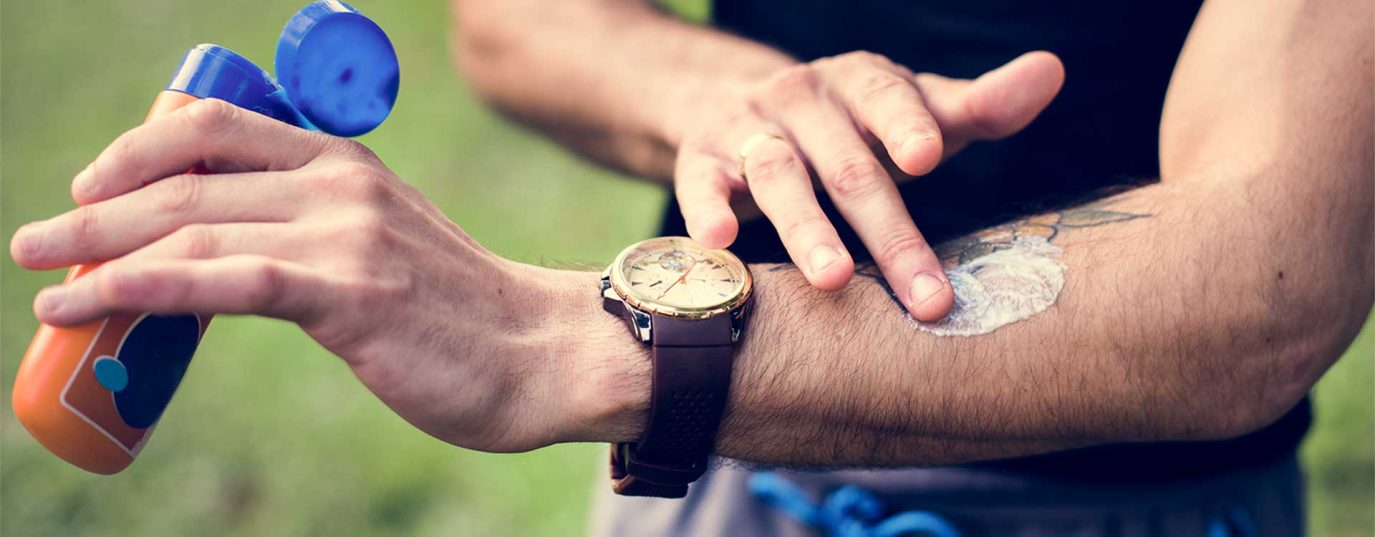Non-melanoma skin cancer: protecting outdoor workers from occupational disease
HPP developed a discussion paper exploring the risk of non-melanoma skin cancer among outdoor workers and the opportunities that exist to better protect them.

Context
More than 36 million workers across the European Union are in a profession that puts them at risk of developing non-melanoma skin cancer.
Despite convincing evidence that outdoor workers represent a vulnerable group of people who are exposed to high levels of solar ultraviolet radiation (sUVR), few European countries have officially recognised non-melanoma skin cancer as an occupational disease. This leaves many outdoor workers inadequately protected from sUVR and unable to mitigate the risk.
Climate change is set to exacerbate the negative impacts of sUVR on outdoor workers, with potential ripple effects on health systems and economies. This requires a proactive response from policymakers to prioritise occupational non-melanoma skin cancer, with appropriate health and employment policies implemented at the national and European levels.
What we’ve achieved
HPP developed a discussion paper considering policy actions that could help advance the recognition of and response to non-melanoma skin cancer as an occupational disease. The discussion paper was based on a European literature review and insights from three experts.
Key partners and stakeholders
The following experts provided their insights in interviews and reviewed drafts during the development of the discussion paper:
- Dr Audrey Cougnard-Grégoire, Bordeaux Population Health Research Center (University of Bordeaux/Inserm)
- Dr Cécile Delcourt, Bordeaux Population Health Research Center (University of Bordeaux/Inserm)
- Professor Catherine Harwood, Barts Health NHS Trust
Project funding
Funding for the discussion paper was provided by Sanofi and Regeneron. Editorial control rested with HPP and none of the content is biased to any particular treatment or therapy. Contributing experts were not paid for their time.
